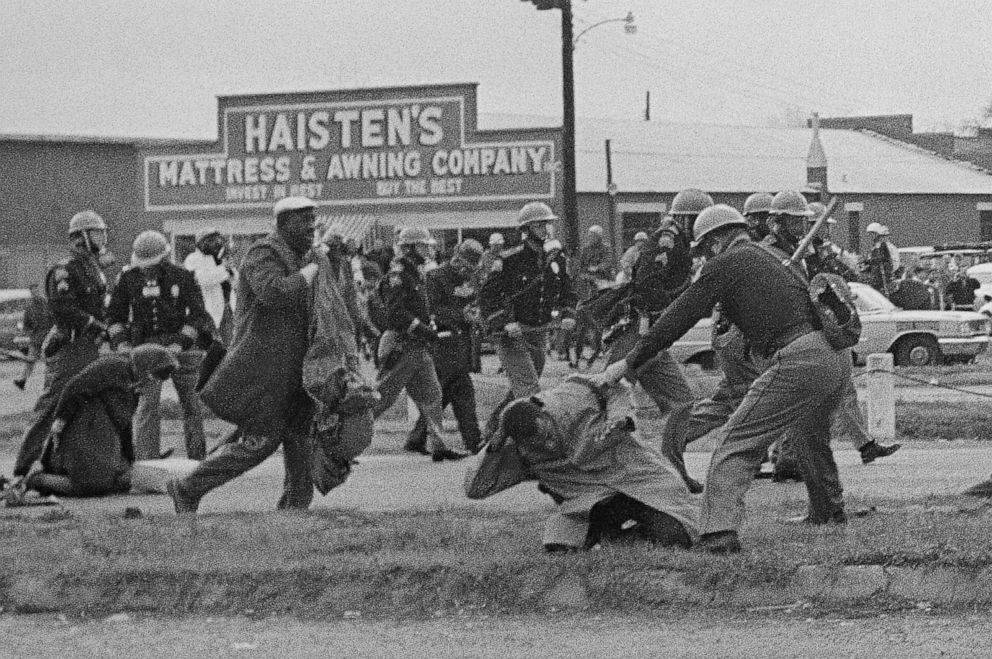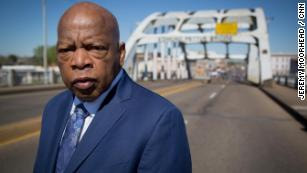It took a lot of courage to face those Alabama state troopers who attacked with an arsenal of tear gas, clubs, guns, and bullwhips. But courage was something the young activist demonstrated then and throughout his long and illustrious career, right up until the end. We didn't know that Lewis was suffering from pancreatic cancer when we marched with him over the old, iron span this past March 1. It would turn out to be his last crossing, but his legacy lives on.
Fifty-five years ago, federalized National Guard troops, FBI agents, and federal marshals were called in to protect the protesters as they finally crossed the bridge and marched the 54 miles from Selma to Montgomery. Today, in a tragic twist, federal storm troopers in army outfits are attacking protesters in Portland.
Despite the ups and downs of his fight for freedom, Lewis seemed never to become discouraged, continuing the battle always. Of the new generation of protesters who emerged in the wake of George Floyd's murder, Lewis said they might just "redeem the soul of America and move closer to a community at peace with itself."
Maybe so, but only if we continue by following Lewis's example of calling out injustice, protesting racism and police brutality, and voting out the bigots.


 RSS Feed
RSS Feed
